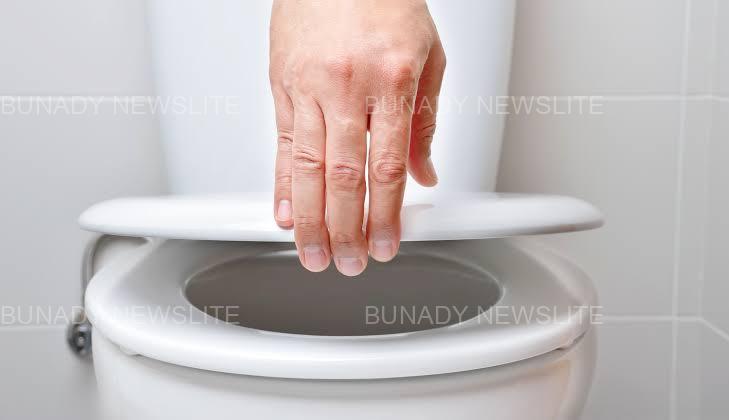Many people experience the urge to use the toilet immediately after eating, but is this normal or a sign of an underlying health issue? Doctors explain that while it may seem concerning, this reaction is usually related to the gastrocolic reflex, a natural process that helps the digestive system function efficiently.
However, in some cases, frequent post-meal bowel movements could indicate digestive disorders that require medical attention.
Understanding the Gastrocolic Reflex
The gastrocolic reflex is a physiological response that stimulates the colon whenever food enters the stomach. This reflex is responsible for moving food through the digestive tract and is more active in some individuals, causing them to feel the need to use the toilet shortly after meals. While it is normal, an overly sensitive gastrocolic reflex could be linked to conditions like irritable bowel syndrome (IBS) or food intolerances.
Possible Causes of Frequent Toilet Visits After Eating
1. Irritable Bowel Syndrome (IBS) – People with IBS often experience urgent bowel movements, bloating, and stomach cramps after eating. Certain foods, such as dairy, caffeine, and spicy meals, can trigger these symptoms.
2. Food Sensitivities or Allergies – Some individuals may have a sensitivity to lactose, gluten, or artificial sweeteners, causing diarrhea or discomfort soon after eating. Keeping a food diary can help identify problem foods.
3. Infections or Stomach Bugs – A bacterial or viral infection in the gut can lead to frequent bowel movements. If symptoms persist along with fever, nausea, or severe cramps, medical attention is necessary.
4. Excessive Fiber Intake – Eating a lot of fiber-rich foods (such as fruits, vegetables, and whole grains) can speed up digestion, leading to frequent bowel movements. While fiber is healthy, it’s important to increase intake gradually to allow the body to adjust.
5. Underlying Digestive Disorders – Conditions like Crohn’s disease, ulcerative colitis, or hyperthyroidism can cause excessive bowel activity. If you frequently experience diarrhea, weight loss, or severe abdominal pain, consult a doctor.
Doctor’s Advice on Managing Frequent Post-Meal Toilet Visits
Eat Balanced Meals – Avoid excessive consumption of fatty, spicy, or dairy-heavy foods that can overstimulate digestion.
Practice Portion Control – Eating smaller meals can reduce strain on your digestive system.
Stay Hydrated – Drinking enough water helps regulate digestion and prevents dehydration from frequent bowel movements.
Monitor Your Diet – Identifying food triggers and adjusting your diet can help reduce post-meal bathroom trips.
Seek Medical Attention if Necessary – If symptoms are persistent, accompanied by pain, or significantly impact your daily life, consult a healthcare professional.
Conclusion
Going to the toilet immediately after eating is often a normal response due to the gastrocolic reflex. However, if it happens frequently, is accompanied by pain, diarrhea, or other digestive issues, it may indicate an underlying condition. A balanced diet, hydration, and medical advice can help manage this issue and ensure a healthy digestive system.


